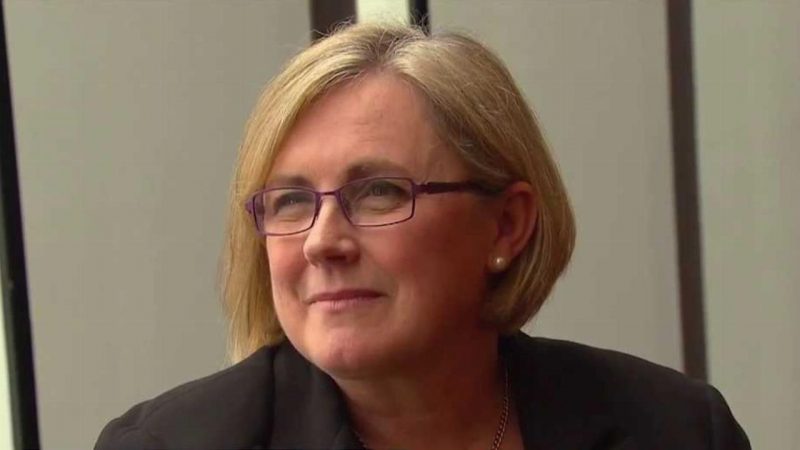- Junior biotech Biotron (BIT) has reported some positive results from culture plate testing of a range of its compounds in the fight against COVID-19
- In the test, 47 Biotron compounds were studied in a culture plate to see what effect they had against the coronavirus
- Of these, 15 were proven to have an antiviral effect against the coronavirus that caused COVID-19
- Looking ahead, the company plans to test more recently-designed compounds before the end of the year
- Biotron hopes these compounds will eventually progress to animal models and then clinical trials
- Shares in Biotron are trading over 10 per cent higher this morning and worth 10.5 cents each
Junior biotech Biotron (BIT) has reported some positive results from culture plate testing of a range of its compounds in the fight against COVID-19.
While the testing is still in its early stages, several Biotron compounds were proven to have antiviral activity against the coronavirus in a series of lab assays done at the 360biolabs specialist laboratory in Melbourne.
47 Biotron compounds were screened as part of the testing process, of which 15 were proven to work in some way against the coronavirus that caused COVID-19.
Biotron Managing Director Michelle Miller said the results are encouraging.
“There is a need for new ways to treat this disease, and Biotron believes that these results open up a promising new therapeutic pathway,” Michelle said.
“The results underscore the versatility of Biotron’s approach to designing and developing drugs to target serious virus infections,” she said.
Cell-culture studies
The Biotron compounds were tested in vitro, meaning in a lab rather than in a living organism.
As part of the study, the compounds were tested for two key outcomes: the ability to stop the SARS-CoV-2 coronavirus from damaging cells, and the ability to kill the virus itself.
As part of the first test, the coronavirus was added to a plate with a type of cell known as Vero E6. The plate was then incubated for four days, after which the plates were tested to see how well the cells were protected against infection of the virus.
Essentially, the compounds were tested for their ability to inhibit the cytopathic effect (CPE), which is when a virus infection changes a host cell’s structure. Compounds which were able to inhibit the CPE by at least 30 per cent moved on to the next stage of the testing process.
This second stage tested the virus titre — or actual quantity of the virus — in cells that had been incubated with the coronavirus for 48 hours. The main goal of this stage was to test for the reduction in yield of infectious virus released from cells after the incubation period.
For Biotron, 47 compounds were tested in the first CPE inhibition stage. Of these, 17 made it through to stage two. From here, 15 were proven to have antiviral activity against COVID-19.
Biotron said moving forward, its focus will now be on building on this preliminary stage screening program to include more recently-designed compounds.
The company said it expects to finish screening the new compounds before the end of 2020 and hopes it will progress to testing in animal models and eventually clinical trials.
Shares in Biotron are trading 10.53 per cent higher in early action, currently worth 10.5 cents each.

